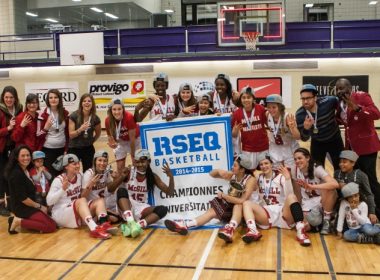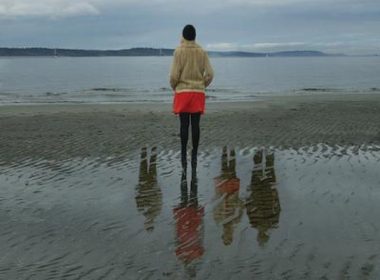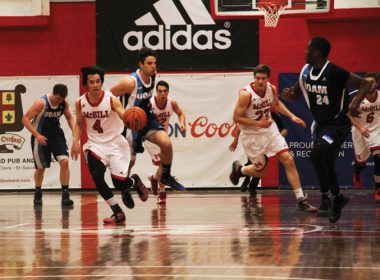In a now-famous interview with Fader Magazine, Lana Del Rey was quoted saying, “For me, the issue of feminism is just not an interesting concept,” and that she is “more interested in intergalactic explorations.” This resulted in backlash, harsh criticisms, and a firm ‘anti-feminist’ label on her and her subsequent[Read More…]
Search Results for "The McGill Tribune"
Editorial: Communication key for student engagement in austerity mobilization
The Students’ Society of McGill University (SSMU) and the Post-Graduate Students’ Society (PGSS) recently adopted a joint anti-austerity stance at a summit in the Thomson House that brought together the two student unions. Both groups have put forward their own motions in Fall 2014 affirming solidarity against Quebec’s austerity measures,[Read More…]
Basketball: Redmen season ended by Bishop’s in RSEQ Finals
McGill Redmen 63 Bishop's Gaiters 68 It was too little too late for the McGill Redmen on their quest for their third straight RSEQ Championship. After trouncing the fourth-seeded Concordia Stingers 74-60 on Friday night, the[Read More…]
Basketball: Martlets win fourth consecutive RSEQ title
McGill Martlets 53 UQÀM Citadins 51 There is a basket at Mitchell Gym in Lennoxville, QC that needs new mesh. The old netting is now in[Read More…]
Letter to the editor: Women-only hours a regressive step
Soumia Allalou argues in favour of women-only gym hours, citing in support her religious beliefs which forbid her from sharing a gym with men. In Canada we are fortunate to live in a secular, non-segregated society where men and women live and work together. I believe that introducing segregation of[Read More…]
QPIRG 2015 referendum question
The Tribune endorses a “Yes” vote for the QPIRG-McGill referendum question. QPIRG is a student-run organization focused on social and environmental justice, and in this referendum, it is asking for a fee levy that would increase its opt-outable fee from $3.75 to $5.00 per semester for undergraduate and graduate students.[Read More…]
Album Review: Bent by Elephants – The Shore
More often than not in The Shore, the lyrics are indeterminable—which is a shame because I’m sure that they would allow for a better understanding of this album. However, this is more than atoned for by Chelsey Walsh’s pleasant, wide-ranging, melancholic vocals. The sophomore release from this Montreal band is[Read More…]
Editorial: Past missteps, fee levies highlight demand for faculty executive accountability
The Management Undergraduate Society (MUS) and the Science Undergraduate Society (SUS) both recently passed motions to institute new student fees aimed at improving the resources and spaces available to students. Due to McGill’s budgetary constraints that prevent the university from allocating money to building renovation and other student services not[Read More…]
Redmen cling to top seed, split weekend series
McGill Redmen 60 UQÀM Citadins 59 It certainly wasn’t a pretty weekend for the McGill Redmen (10-5), but it looks like the squad will head into the RSEQ tournament as the top seed regardless. On Thursday night, the Redmen faced off against a desperate UQÀM (4-10) squad, who needed a[Read More…]
J-Board publishes recommendations in GA speaker case
The Students’ Society of McGill University (SSMU) Judicial Board (J-Board) published a recommendation on the Nadir Khan and Zain Ali Syed vs. the SSMU Council and Speaker case this Friday. The recommendation is a result of the mediation session that resolved the case, which Khan and Zyed filed in October[Read More…]











